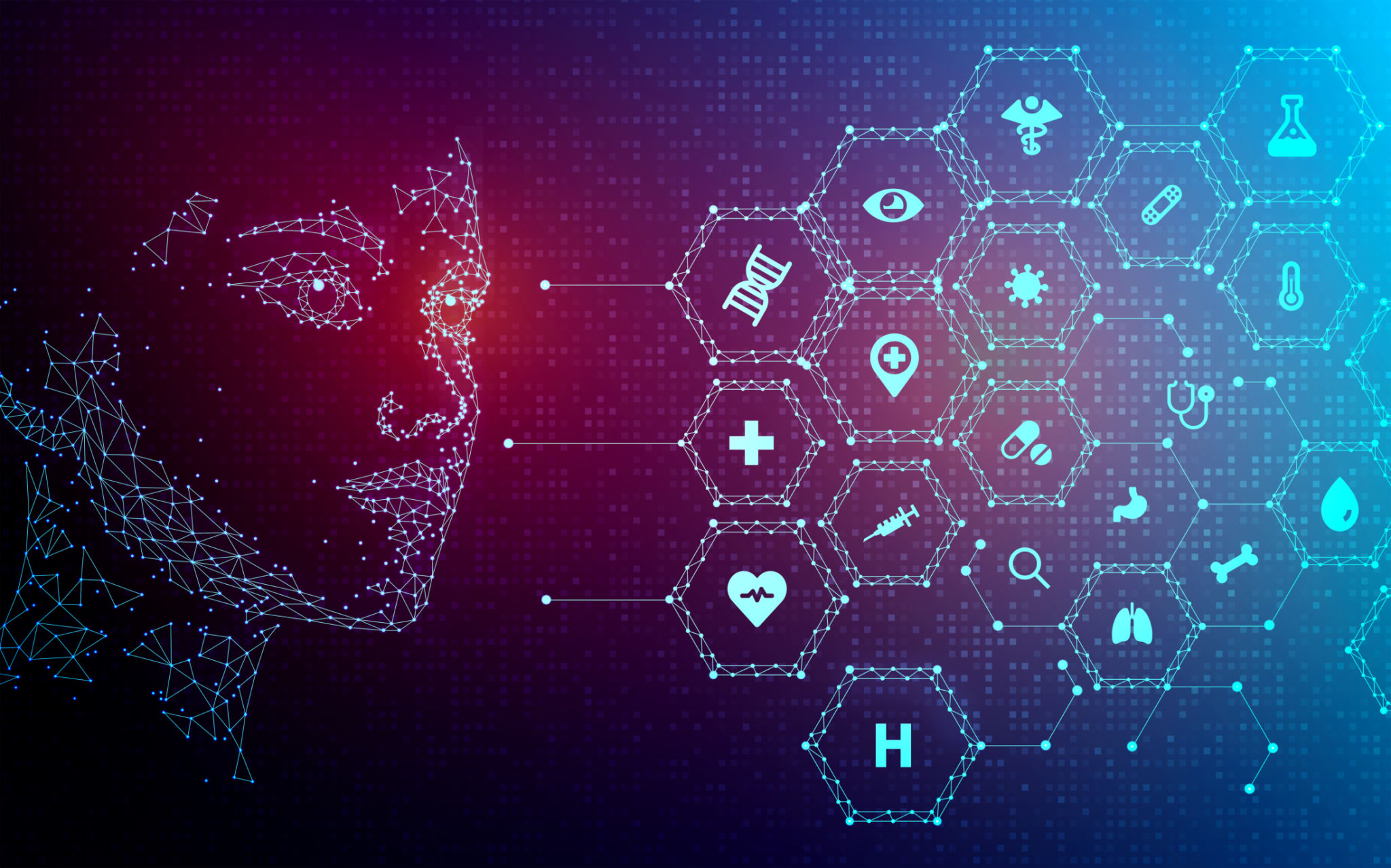The Role of AI in Modern Healthcare: A Comprehensive Guide
Introduction to AI in Healthcare
The integration of artificial intelligence (AI) in the healthcare sector is transforming how we diagnose, treat, and manage diseases. This technology has the potential to enhance the efficiency and accuracy of healthcare services, offering numerous benefits to both healthcare providers and patients. AI in healthcare isn't just a future possibility; it's an ongoing reality.

AI in Diagnostics
One of the most promising applications of AI in healthcare is in diagnostics. AI algorithms can analyze medical images such as X-rays, CT scans, and MRIs with remarkable precision. This capability allows for the early detection of diseases like cancer, often before they present significant symptoms. By providing accurate analysis, AI assists radiologists in making more informed decisions.
Moreover, AI-driven diagnostic tools are becoming indispensable in pathology. Machine learning models can process large datasets to identify patterns and anomalies that might be missed by human eyes, thereby improving diagnostic accuracy and speed.
AI-Powered Personalized Medicine
Personalized medicine is another area where AI is making significant strides. By analyzing genetic information alongside medical history and lifestyle factors, AI can help create customized treatment plans for patients. This approach not only improves treatment outcomes but also reduces the likelihood of adverse reactions to medications.

AI models can predict how a patient might respond to a specific treatment, allowing healthcare providers to tailor interventions that maximize efficacy. This personalized approach is particularly beneficial in managing chronic conditions like diabetes and hypertension.
Robotics and AI in Surgery
Surgical procedures have seen considerable advancements with the incorporation of robotics and AI. Robotic systems equipped with AI can assist surgeons with precision tasks, resulting in less invasive procedures, reduced recovery times, and improved surgical outcomes. These systems enhance the capabilities of surgeons by providing real-time data and analytics during operations.
Benefits of Robotic Surgery
- Increased precision and control
- Minimized surgical errors
- Shorter hospital stays

AI in Healthcare Administration
Apart from direct patient care, AI is revolutionizing healthcare administration. AI-driven systems are streamlining administrative tasks such as scheduling, billing, and resource management. This automation reduces the workload on healthcare staff, allowing them to focus more on patient care rather than paperwork.
Furthermore, predictive analytics powered by AI can help hospitals manage resources more efficiently by forecasting patient admissions and optimizing staff allocation.
Challenges and Ethical Considerations
Despite its many benefits, the integration of AI in healthcare does not come without challenges. Data privacy and security remain significant concerns, as AI systems require access to vast amounts of personal health data. Ensuring this data is protected against breaches is paramount.

Additionally, there are ethical considerations regarding decision-making in AI-driven healthcare solutions. Ensuring transparency in AI algorithms and maintaining human oversight are crucial to building trust in these technologies.
The Future of AI in Healthcare
The future of AI in healthcare looks promising, with ongoing advancements likely to bring even more revolutionary changes. As technology evolves, we can expect improved diagnostic tools, more effective personalized treatments, and even greater integration of AI into daily healthcare practices.
The role of AI in modern healthcare is not just about technology; it's about enhancing human capabilities to provide better care, improve outcomes, and continue pushing the boundaries of what's possible in medicine.